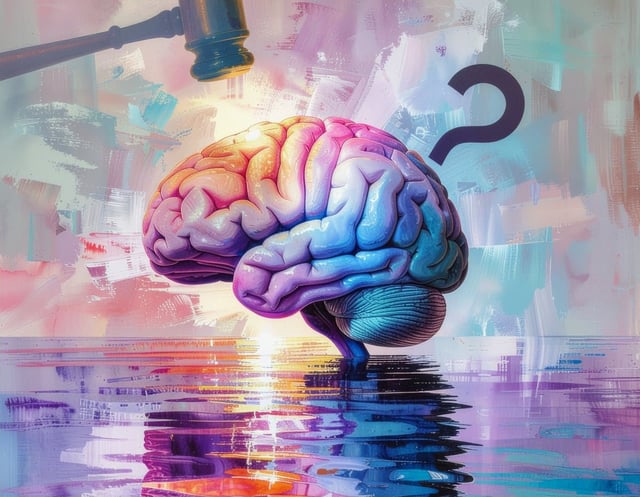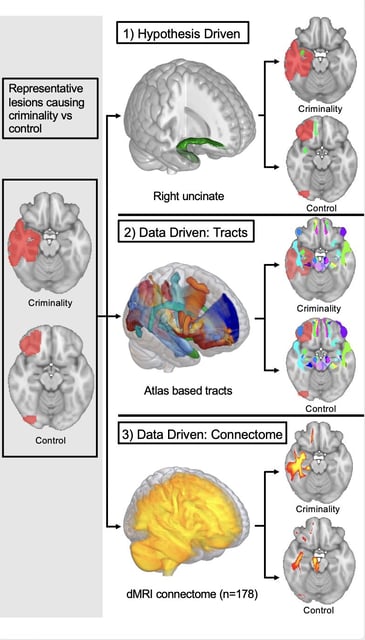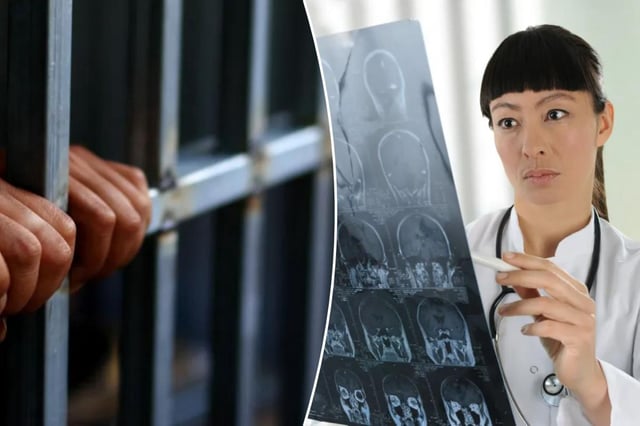Overview
- Published in Molecular Psychiatry, the researchers compared brain scans from 17 individuals who began criminal behavior after brain injuries with 706 control patients exhibiting other neurological issues.
- Injuries to the right uncinate fasciculus were the most consistent finding among those with new onset criminal or violent acts.
- The right uncinate fasciculus connects brain regions responsible for emotion processing with areas that guide decision-making.
- Connectome analysis reinforced that disrupting this tract may impair impulse control, empathy and moral judgment.
- The findings could help clinicians identify at-risk patients early and encourage courts to factor brain damage into assessments of criminal responsibility.


